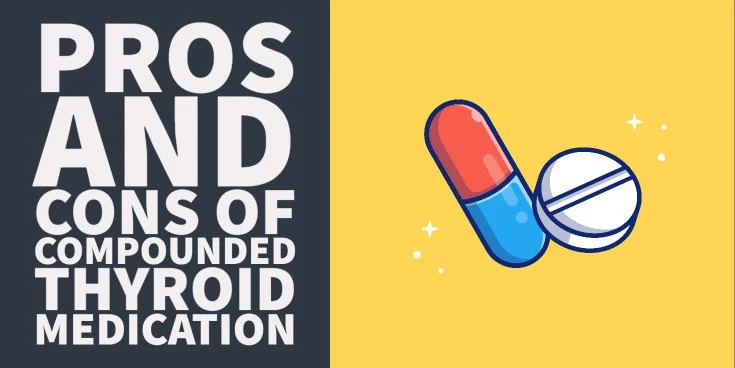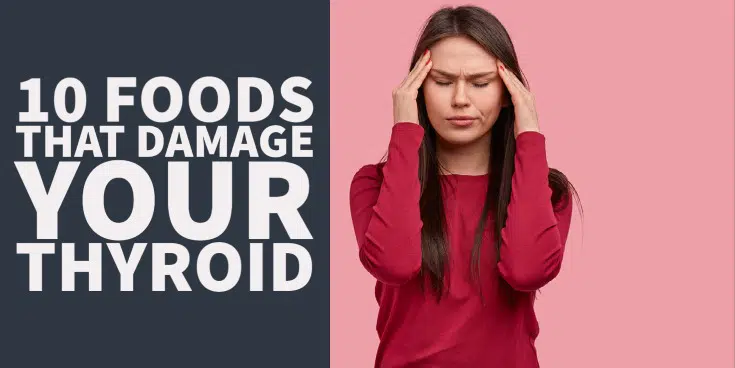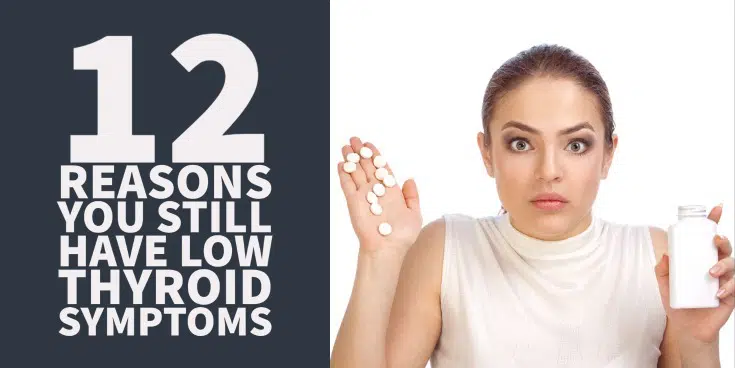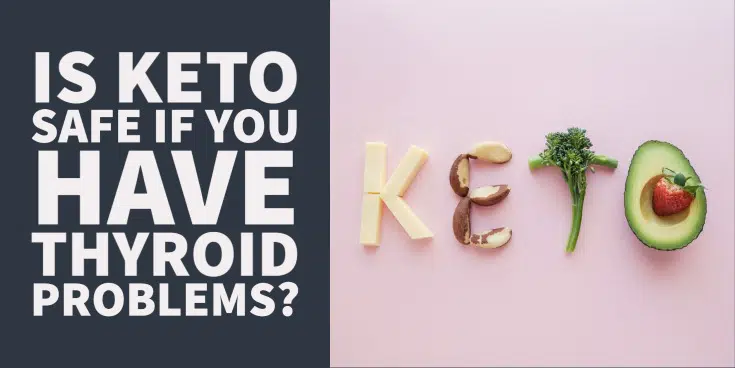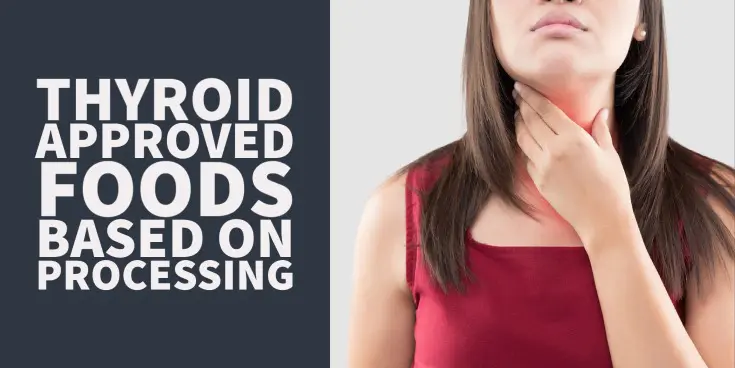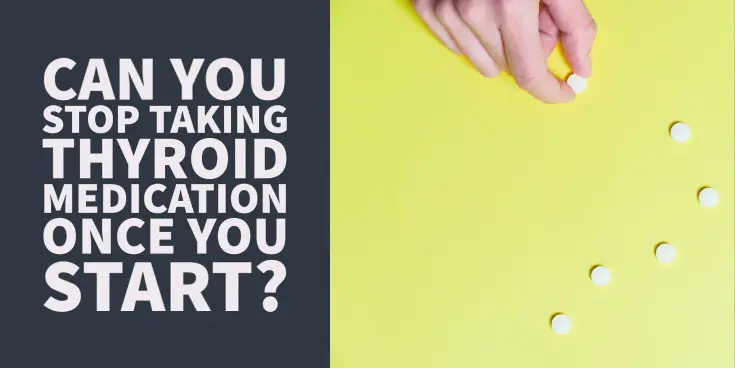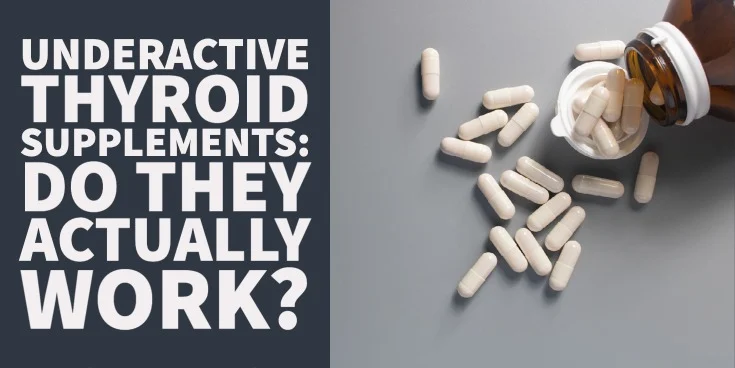RAI Exposure Increases Cancer Risk in Other Organs/Tissues
There are about 4.5 million people in the United States (and more in the world) with hyperthyroidism. *This number is calculated by taking the population of the US and multiplying it by the prevalence of hyperthyroidism which is 1.2%. A large majority of these people have undergone RAI to treat their hyperthyroidism. A new study (1) …

